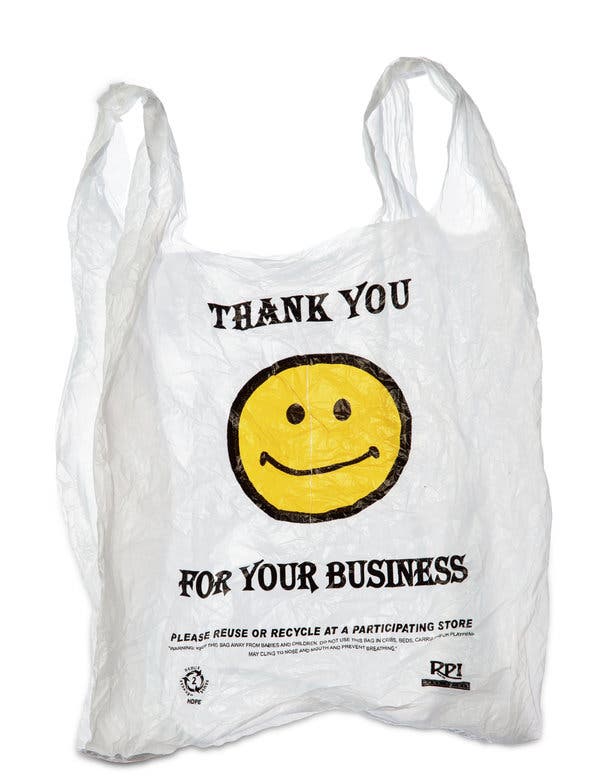
John Michael Hogue, a 23-year-old from Chicago, felt conflicted by consumerism, so he took a leap of faith.
Interview by
I grew up in Omaha, in a suburban household that had normal consumer routines. But even as a child, some of those patterns troubled me.
I would wear shoes until they had holes in them because I couldn’t stomach the thought of buying new ones. I remember receiving Christmas gifts and afterward saying to my mom, “O.K., this thing, I don’t need it. Can we return it?”
A lot of that moral critique was inculcated by my Catholic faith. I couldn’t in good conscience participate in structures that exploit people and damage the earth, that preference my wants and desires over someone else’s needs.
So after I graduated from college in 2018, I moved into the Su Casa Catholic Worker house in Chicago.
The Catholic Worker movement was started in New York City by Dorothy Day and Peter Maurin during the Great Depression. They were looking for a way to put their faith into action to respond to the destitution they saw all around them.
Su Casa offers hospitality to immigrant families, families seeking asylum and families in the Chicago area who are facing homelessness, many of whom are fleeing domestic violence.
Workers like me come to live in the house because there’s a tradition in the Catholic Worker movement of voluntary poverty. We want to share the same living conditions that we’re offering to folks.
But I’ve been blessed with a great education, and if I burned my diploma and promised never to speak about it in a job interview, my life has still been enriched by that education. I don’t know what it’s like to go to the under-resourced schools that the kids who live in our community go to.
The Su Casa workers receive room and board, and work on a stipend. For most of the time I’ve worked there, it’s been $100 monthly, but that’s recently gone up to $200 a month. Our food is all donated; most of it comes once a week from two Trader Joe’s on the North Side of Chicago. They give us food that they can no longer sell because of an expiration date or because the box is damaged. What we can’t eat, we then compost.
Most of my stipend goes into public transportation so I can get around the city. There’s not much left to make purchases with at the end of the day, but there’s a freedom in that.
I’m on my mother’s health insurance, but that doesn’t work well because I live in a different state, so I usually go to free clinics. I recently had to go to a regular clinic for a strep test and paid $120. That took me about five months to pay off.
The first few months of being away from purchasing things were just pure joy. It was easier then because I still had things from my purchasing days that I could get more use out of. It did get harder, and yet, another wave of creativity came with that; that spark of necessity.
I teach a catechism class at our local parish that doesn’t have a lot of resources. There are whiteboards and markers that I use in class, but no erasers, and I didn’t have the extra money to go buy one.
I had a pile of clothes in my room that were torn up beyond repair, but I wanted to find a way to use them. One day I thought, “I’m going to use my old underwear to wipe off the whiteboard every week.” It works great, and nobody else has to touch it.
My fiancée has been a champ and supports me emotionally. She’s in medical school right now. We have learned to do different fun things together, like playing the piano. We both love to talk endlessly, so a lot of our time is inexpensively spent in conversation. She has also been really open and gracious if we do want to go out and eat together and disproportionately picks up the bill.
Not buying things has freed me to have more time, space and energy for relationships with others. Time for my fiancée, for my friends, for my housemates, for the vulnerable and the poor, time to listen to their stories, feel what their needs are and try to help those needs be met. It’s also given me more freedom in my relationship with God; more time to pray and to simply receive my daily needs from divine providence.
I often find myself wishing that this decision could have an even greater impact, but little decisions do make a difference.
I Quit!
This interview has been edited.
Photo illustration by Tony Cenicola/The New York Times







